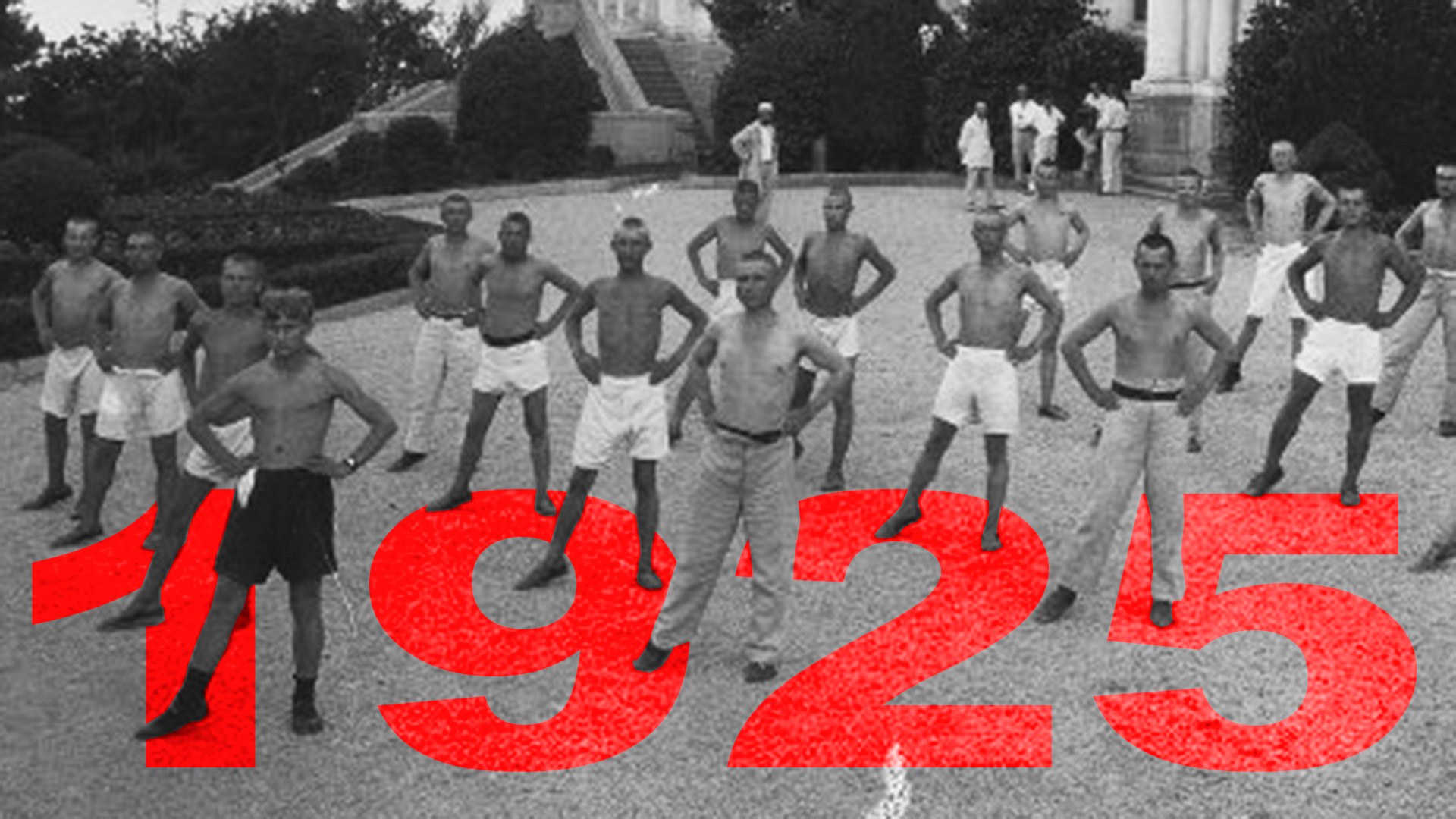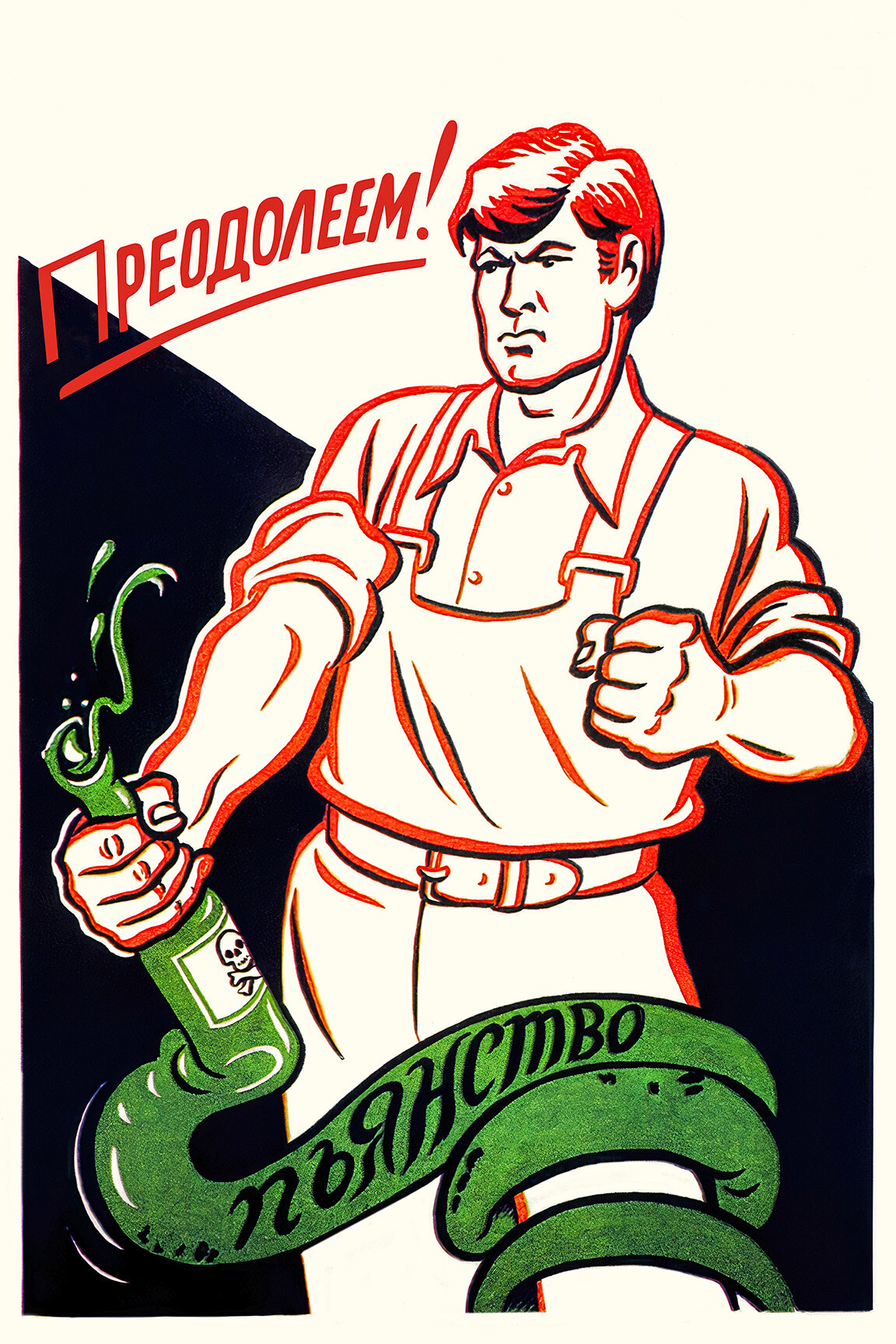
How red lipstick appeared in the USSR & why women adored it
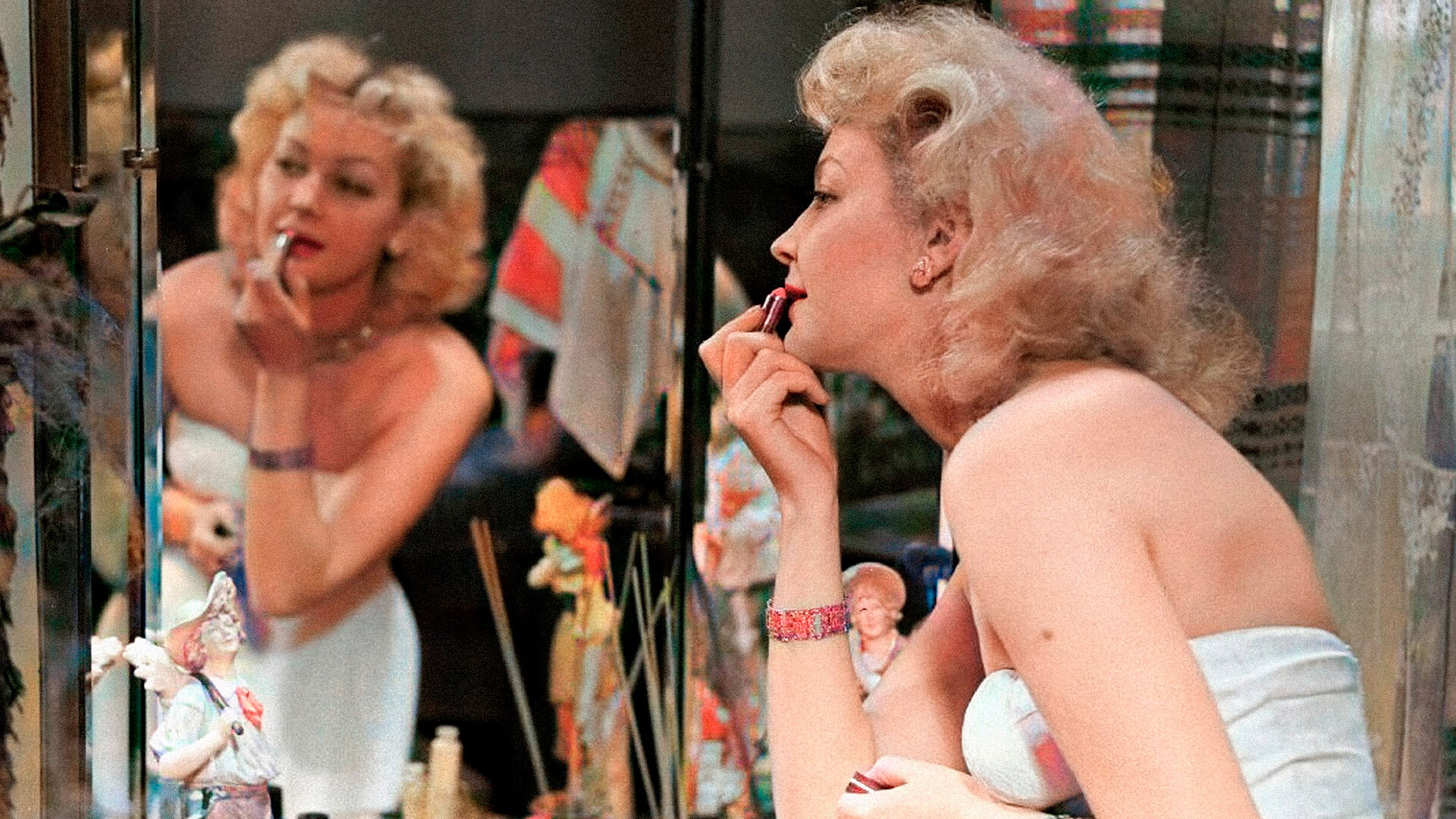
Only at the beginning of the 20th century did lipstick truly become a mass product, migrating from actresses’ makeup rooms to the handbags of regular women.
From scandalous to luxurious
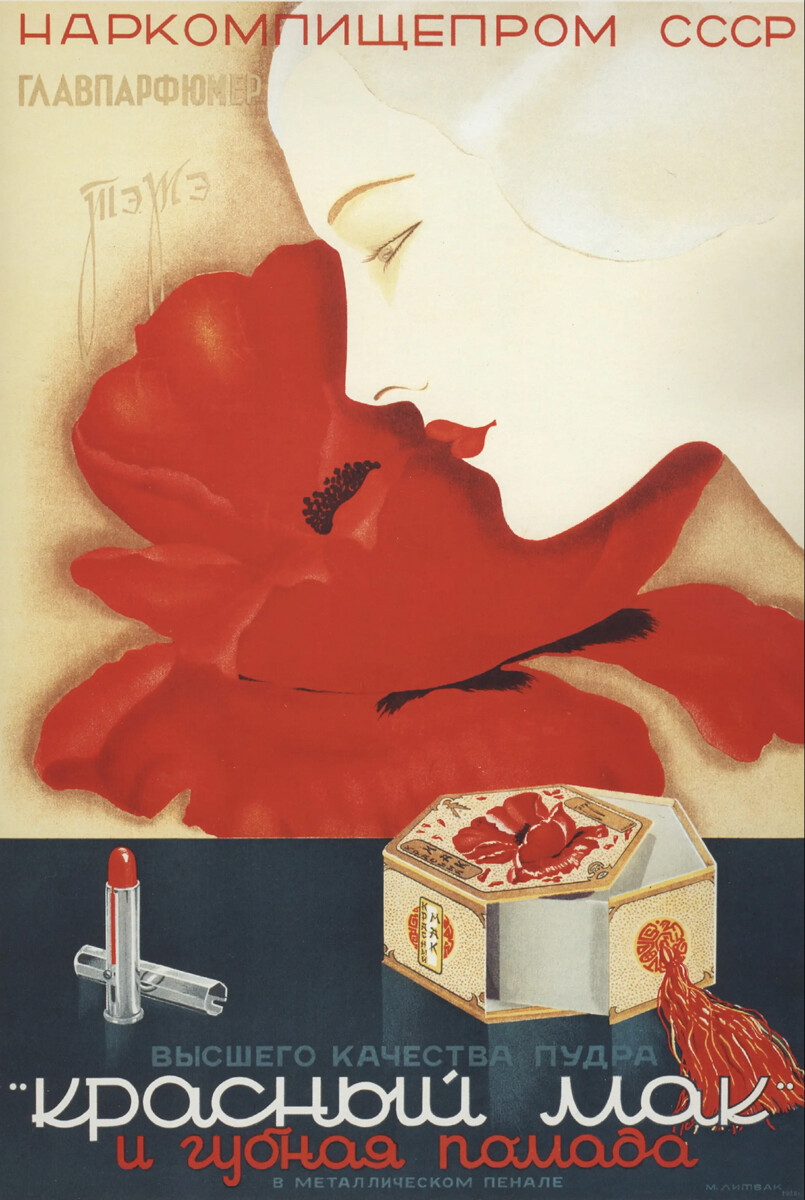 Krasny Mak poster ('Red Poppy') by Max Litvak, 1938.
Krasny Mak poster ('Red Poppy') by Max Litvak, 1938.
Before the 1917 Revolution, mostly soap, creams and perfumes were produced in Russia. Makeup was not the norm, as it was considered vulgar – both among peasants and nobility. Even the last empress, Alexandra Feodorovna, used to appear in public with just a light dash of perfume and nothing else.
So, what forced society to change its views? At the beginning of the 20th century, the cinema industry began to develop rapidly – then, the first color movies appeared. In the Soviet Union, local stars were born, whose fashion echoed Hollywood actresses, such as Marlene Dietrich and Greta Garbo, but they also played the roles of the builders of communism.
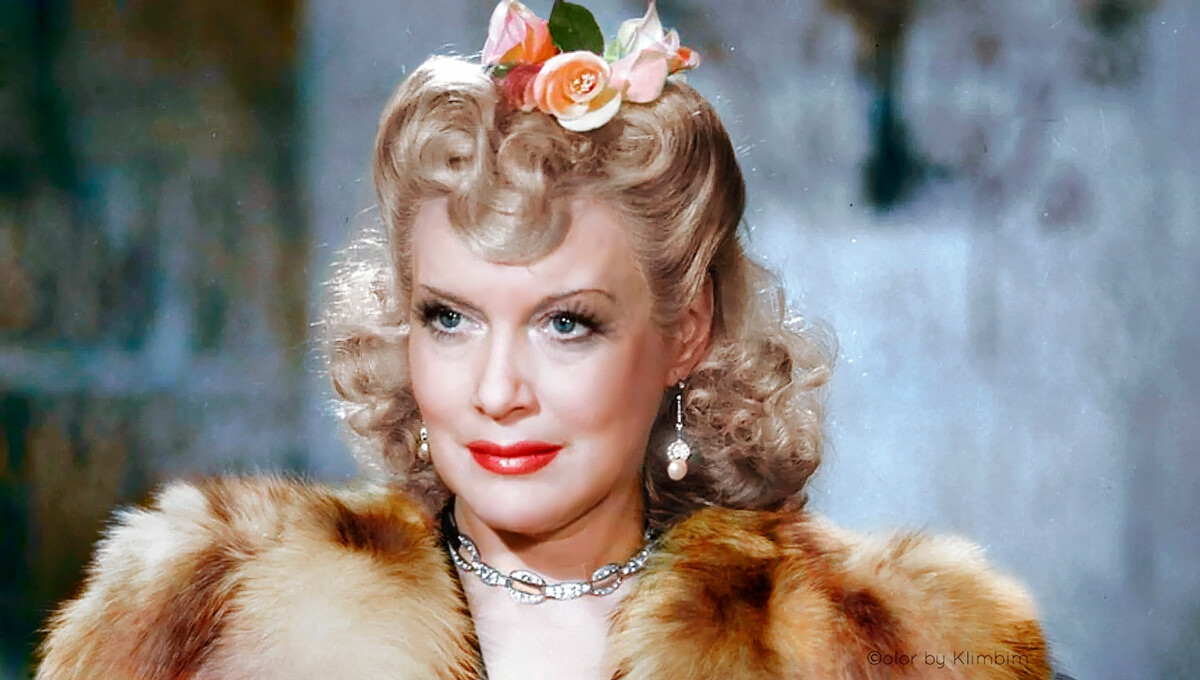 Lyubov Orlova, "Meeting on Elba", 1949.
Lyubov Orlova, "Meeting on Elba", 1949.
Lyubov Orlova, Valentina Serova, Lyudmila Gurchenko – these Soviet movie divas made red lipstick their trademark; millions of Soviet women mirrored their makeup in everyday life. Everyone wanted to look like their favorite actress!
What were Soviet lipsticks like?
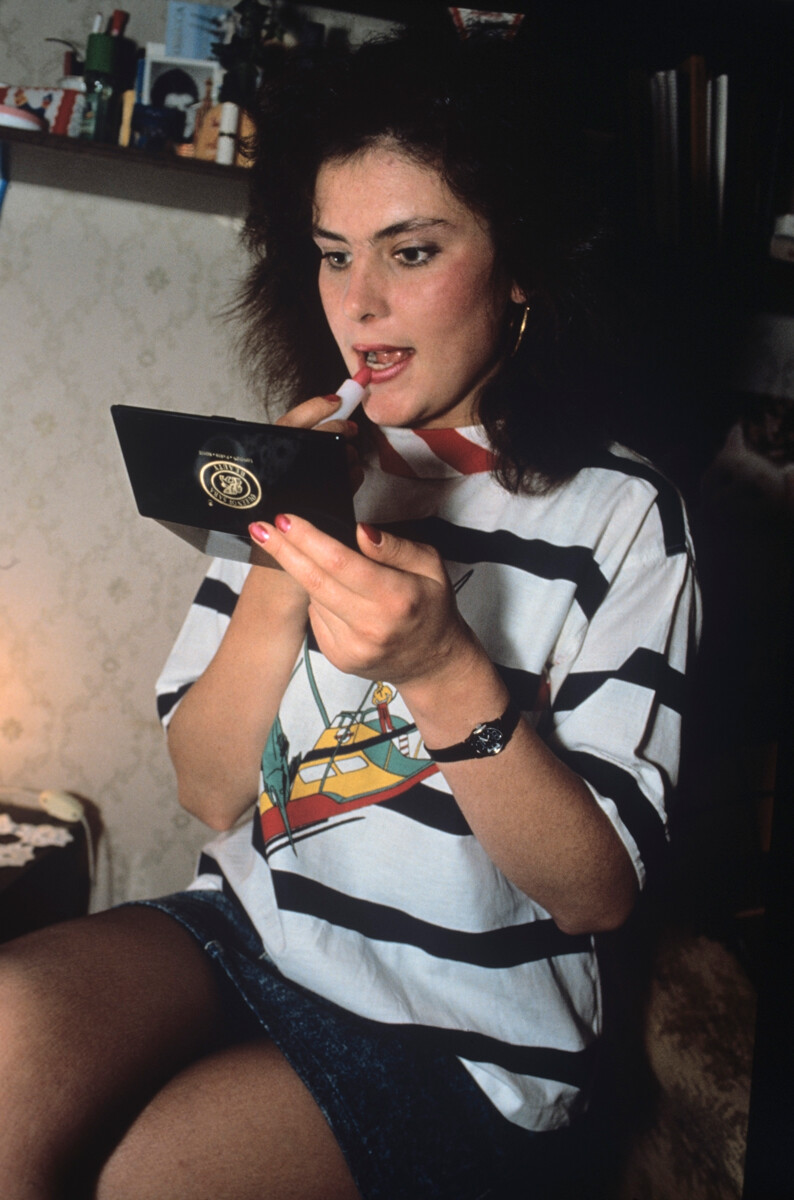
Soviet Russia began to produce colognes, creams, mascara and lipstick at ‘TeZhe’ (essential oils trust) factories. Their products cost almost nothing and the name was known in every household. Even songs were written about it.
“TeZhe on lips,
TeZhe on eyes,
TeZhe on cheeks…
Where to kiss then?”
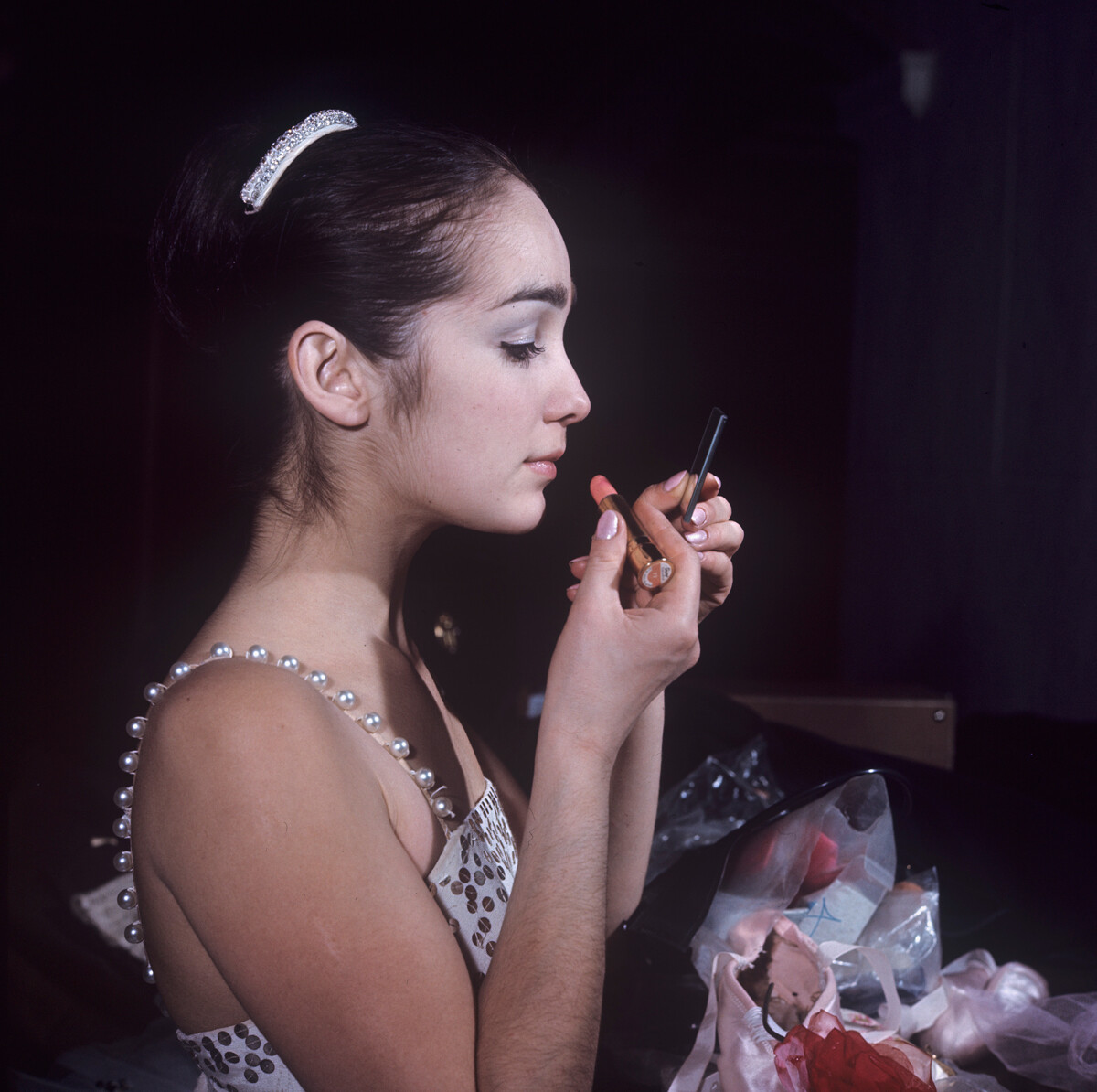 Guzel Apanaeva, soloist of the USSR State Choreographic Concert Ensemble "Young Ballet", 1970.
Guzel Apanaeva, soloist of the USSR State Choreographic Concert Ensemble "Young Ballet", 1970.
During the postwar years, ‘Glavparfyumer’ – the central headquarters of the perfume and cosmetics industry – was responsible for providing beauty guidelines to the public.
Specialists developed 10 shades of lipstick, from carrot orange to crimson purple, with different red hues in between.
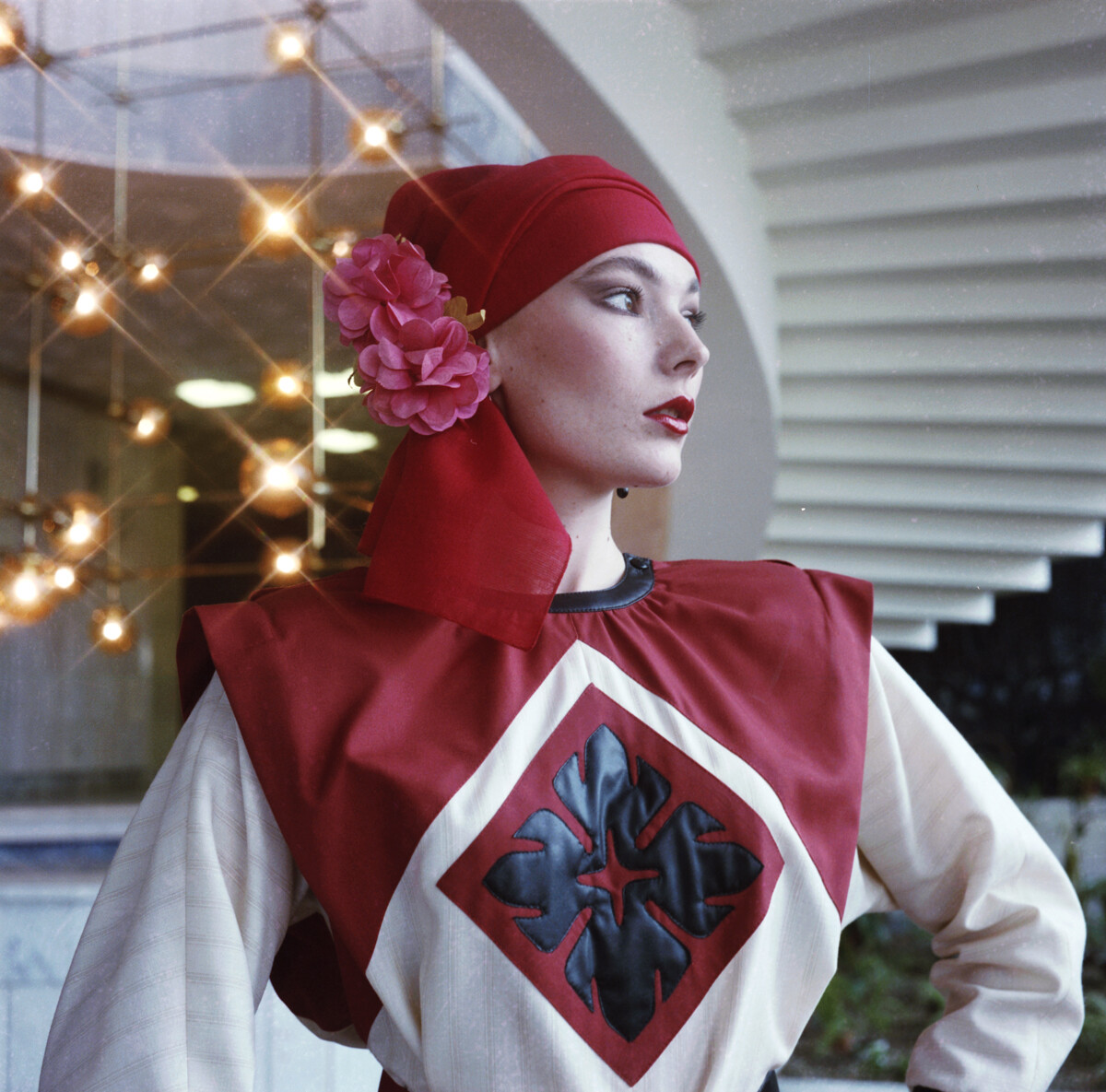 Fashion show, 1987.
Fashion show, 1987.
One could mix a new color from lipstick remainders (or experiment with colors). With the help of a matchstick, lipstick was extracted, then melted in a tablespoon, mixed and poured back into its tube.
‘Rassvet’ and ‘Svoboda’
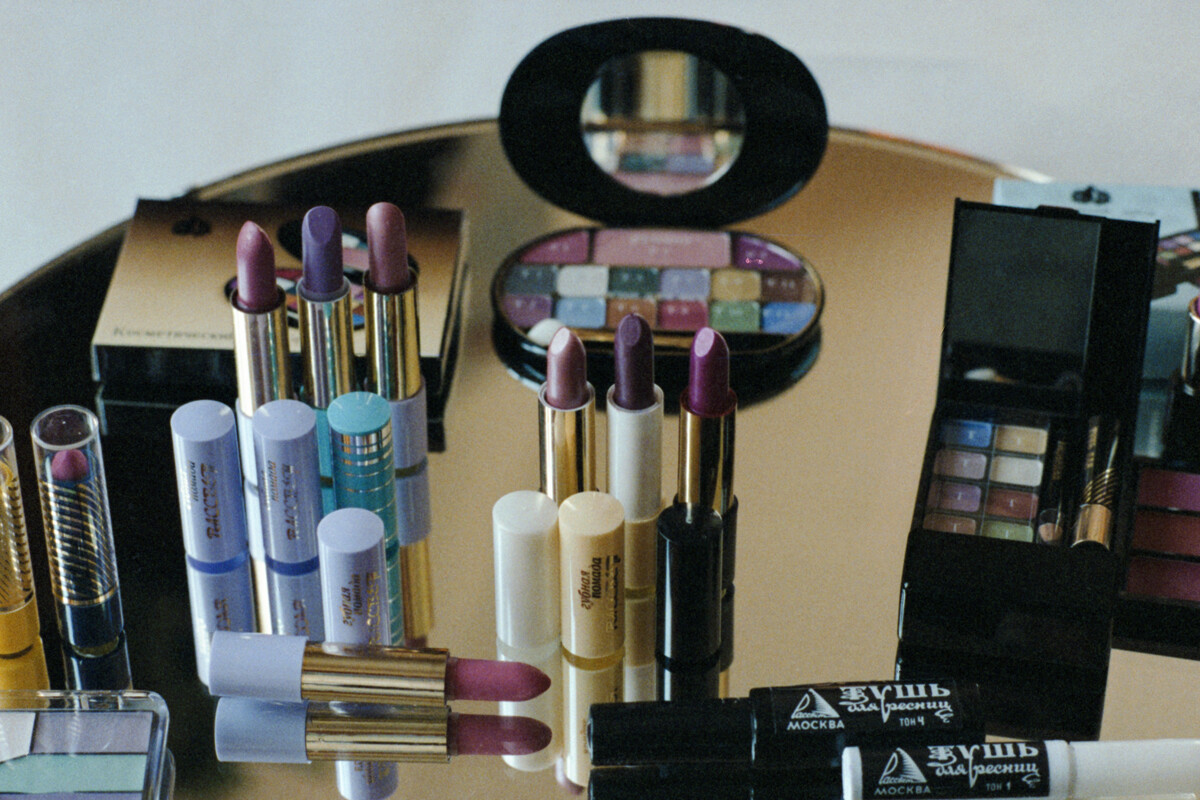 Cosmetics by Rassvet factory.
Cosmetics by Rassvet factory.
The most common lipsticks were produced by Moscow cosmetics factories ‘Rassvet’ and ‘Svoboda’. Despite their ‘Soviet’ names, these factories were founded by French specialists back under the tsarist regime; they were renamed after the 1917 Bolshevik Revolution.
‘Rassvet’ was previously known as ‘Victoria Regina’, created in 1876 by Emile Baudelot. Its most famous cosmetic product was ‘Tsarevna-lebed’ (‘Princess-swan’) face powder, produced under the same name later in the USSR. In Soviet times, the factory gained fame for its ‘Elena’ lipstick. It was jointly developed by Soviet and French specialists and was incredibly popular.
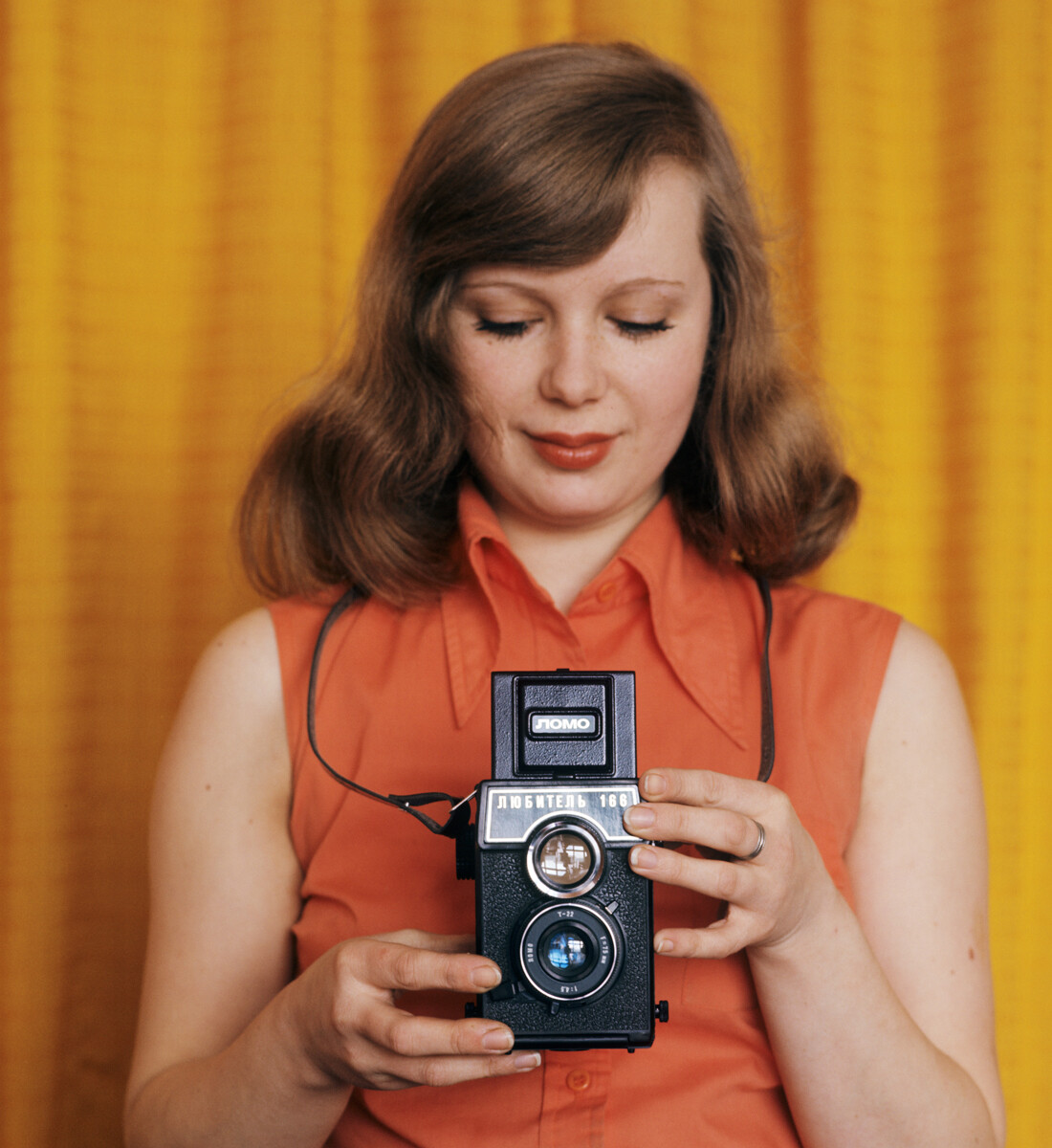 Leningrad. A girl with a camera " Lubitel-166" 1978 .
Leningrad. A girl with a camera " Lubitel-166" 1978 .
The ‘Svoboda’ factory was based on the ‘A. Rallet & Co.’ partnership (named after its French creator Alphonse Rallet). The Soviet lipstick by ‘Svoboda’ had an incredibly long lasting color that was hard to get rid of.
That being said, Soviet-made lipsticks were very affordable. For example, in the 1970s-1980s, a quality lipstick cost around 1 ruble and 20 kopecks (there were ones cheaper than that, of course). To compare – the average monthly salary was 170 rubles. Polish-made lipstick, meanwhile, was a bit more expensive.
While the price for French lipsticks could reach 35-40 rubles. It’s clear that not many people could afford it, but a woman who managed to get her desired lipstick felt like a queen.
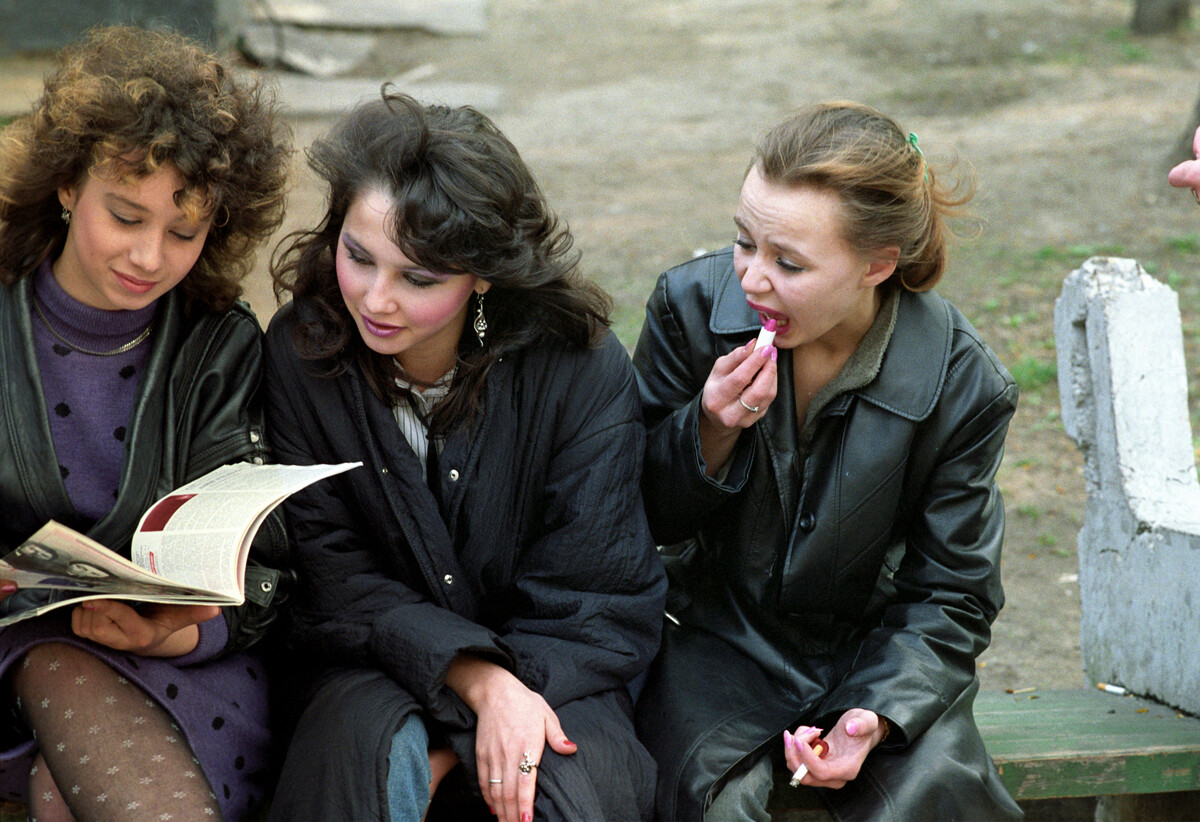 Girls have fun, Moscow, 1990.
Girls have fun, Moscow, 1990.





